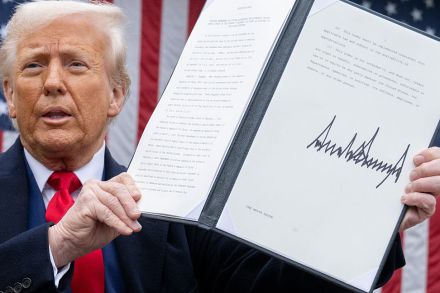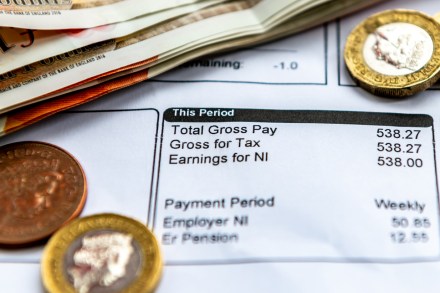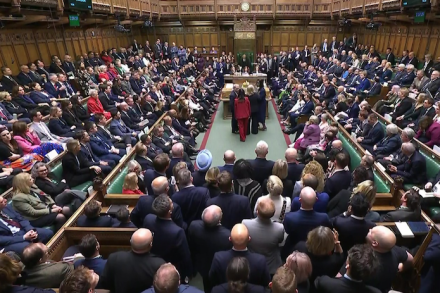Trump doesn’t understand how trade deficits work
After Donald Trump’s Liberation Day, the US now imposes far and away the highest tariffs of any developed country in the world. In the process of doing so Trump has completely rejected the cornerstone of the World Trade Organisation: the ‘most favoured nation’ principle whereby tariffs have to be the same on all countries you don’t have an explicit trade agreement with. He has also cast aside the US’s system of free trade agreements – for example, imposing tariffs on Australia despite there being a decades-old Australia-US agreement removing tariffs. His reasons for doing this reflect his dissatisfaction with the way the international financial order has worked for many years.




















